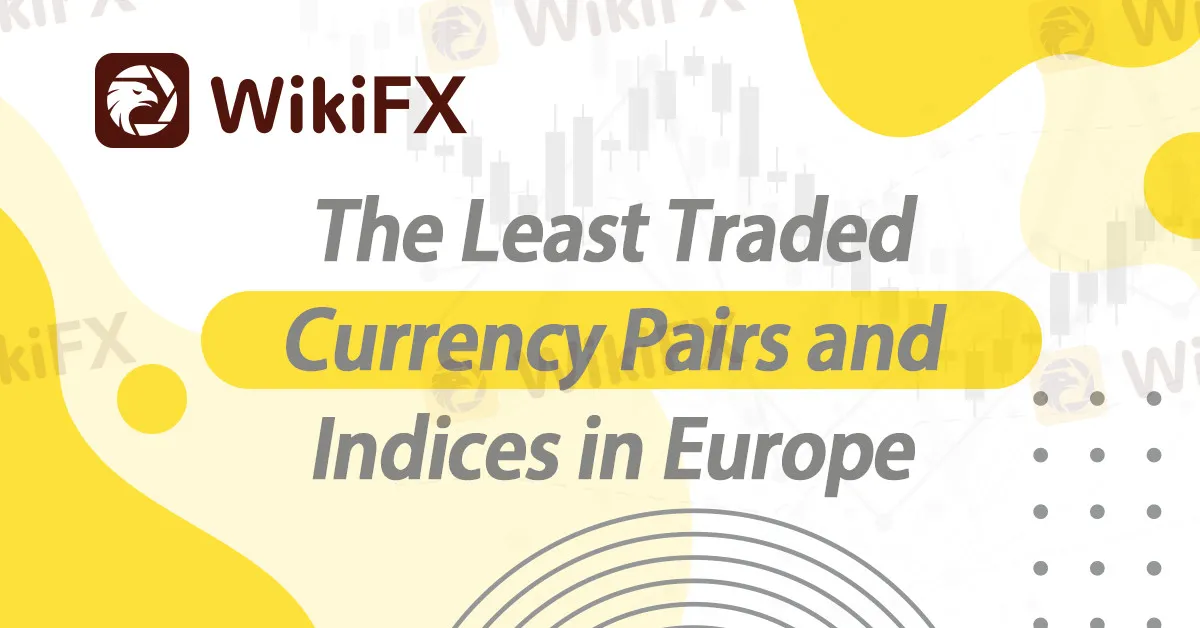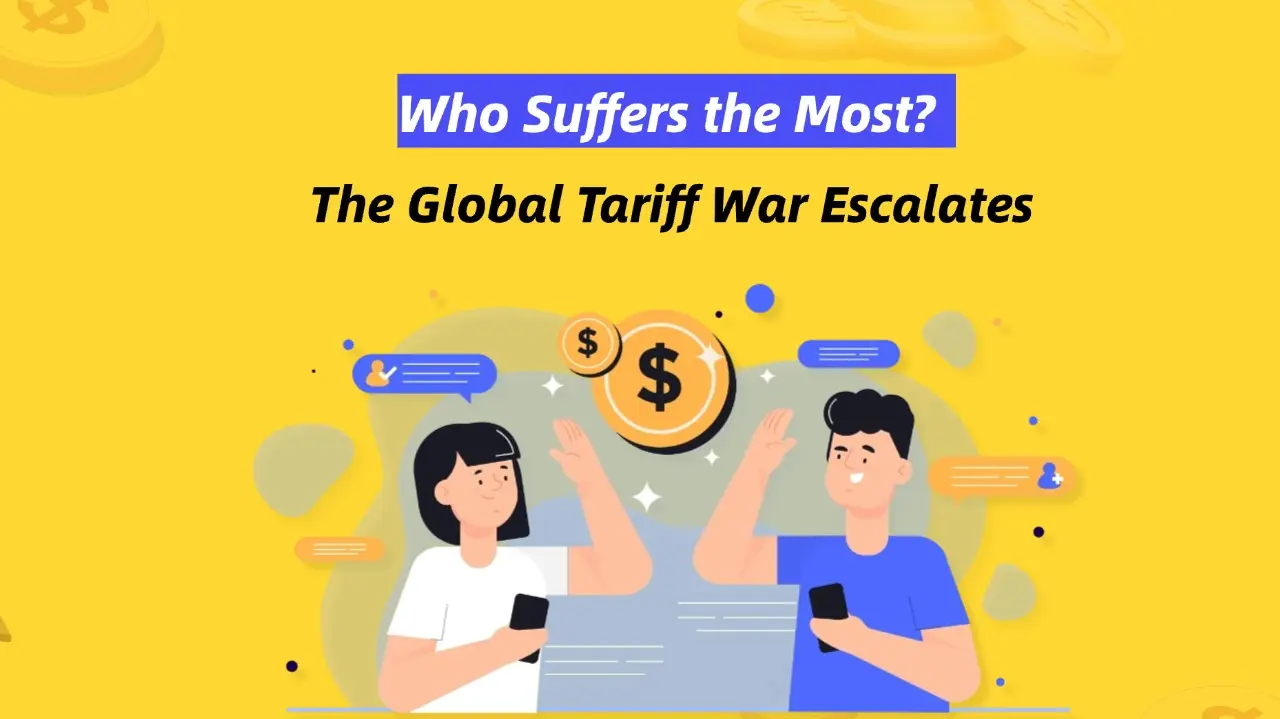简体中文
繁體中文
English
Pусский
日本語
ภาษาไทย
Tiếng Việt
Bahasa Indonesia
Español
हिन्दी
Filippiiniläinen
Français
Deutsch
Português
Türkçe
한국어
العربية
The Least Traded Currency Pairs and Indices in Europe
Abstract:The foreign exchange market in Europe is a bustling hub of trading activity, with certain currency pairs and indices commanding the majority of attention and liquidity. However, there are also less-traded options that present unique opportunities for traders who seek alternative investments and are willing to navigate the potential challenges of lower liquidity.

The foreign exchange market in Europe is a bustling hub of trading activity, with certain currency pairs and indices commanding the majority of attention and liquidity. However, there are also less-traded options that present unique opportunities for traders who seek alternative investments and are willing to navigate the potential challenges of lower liquidity.
One such currency pair that falls into the category of the least traded in Europe is the Norwegian Krone (NOK) against the Swedish Krona (SEK). Despite the geographical proximity and strong economic ties between Norway and Sweden, this particular currency pair fails to attract significant attention from traders. As a result, it tends to have lower liquidity compared to more popular pairs. However, this relative lack of trading activity can also make it more volatile, presenting opportunities for traders who are skilled in managing risk and capitalizing on market fluctuations.
Turning to indices, the OMX Helsinki 25 stands out as one of the least traded indices in Europe. It represents the Finnish stock market, which is relatively smaller compared to some of its European counterparts. The size of the Finnish market, coupled with its specific economic factors and industry composition, contributes to lower trading volumes for the OMX Helsinki 25. While this may deter some traders who prioritize high liquidity, it also means that those who delve into this index have the potential to uncover hidden gems and capitalize on less crowded market conditions.
For traders interested in exploring these lesser-known currency pairs and indices, a valuable resource is WikiFX. This platform offers comprehensive information and insights to aid decision-making. By visiting their website (www.wikifx.com), traders can access a wealth of data on trading conditions, liquidity, and market trends for various currency pairs and indices in Europe. Armed with this knowledge, traders can make more informed decisions and potentially uncover profitable opportunities in the less-traded corners of the European forex and stock markets.
In conclusion, while certain currency pairs and indices dominate forex trading activities in Europe, there are also less-traded options that deserve attention. The Norwegian Krone against the Swedish Krona and the OMX Helsinki 25 index are examples of such less popular choices. Traders willing to navigate the challenges of lower liquidity can potentially capitalize on the increased volatility and uncover hidden opportunities. Platforms like WikiFX offer valuable insights and data to assist traders in their decision-making process, enabling them to explore and potentially profit from these less-traded currency pairs and indices in Europe.

Disclaimer:
The views in this article only represent the author's personal views, and do not constitute investment advice on this platform. This platform does not guarantee the accuracy, completeness and timeliness of the information in the article, and will not be liable for any loss caused by the use of or reliance on the information in the article.
Read more

WikiFX "3·15 Forex Rights Protection Day" – Official Release of the Blacklist
WikiFX, as a globally leading forex investment ecosystem service platform, has always been committed to providing fair and authoritative broker verification services for forex investors, while offering solid rights protection support for every victim of forex investment. On February 26, 2025, WikiFX once again launched its annual "3·15 Forex Rights Protection Day" event, aiming to empower forex investors to speak out and defend their rights through open, transparent, and robust means.

Nigeria’s Oil and Gas Sector Gains Momentum
Nigeria’s oil and gas industry is experiencing a surge in investment, fueled by policy reforms and international collaboration, paving the way for continued energy expansion.

The Global Tariff War Escalates: Who Suffers the Most?
The global trade war is intensifying as countries continue to raise tariffs, aiming to protect their own economies while creating greater market uncertainty. In this tit-for-tat game, who is truly bearing the brunt?

Immediate Edge Review 2025: Is it safe?
Launched in 2019, Immediate Edge claims to be an automated cryptocurrency trading platform using AI technology for crypto trading services. The platform requires a minimum deposit of $250 to begin trading, which is relatively expensive for many investors. During its short operation, Immediate Edge failed to establish a positive reputation. The platform has undergone frequent domain changes and has repositioned itself as an intermediary connecting users with investment firms—a move that appears designed to obscure its actual operations. Immediate Edge restricts services to investors from the United States; it remains accessible to users in other regions.
WikiFX Broker
Latest News
How to Avoid Risks from Scam Brokers in Forex Investment
Will Trump's Trade Policies Fuel Inflation? BlackRock Warns of Economic Risks
WikiFX "3·15 Forex Rights Protection Day" – Official Release of the Blacklist
Why Scammers Let You Win Before Taking It All
A Must-To-Watch Top Trading Pairs This 2025
Currency Calculator







